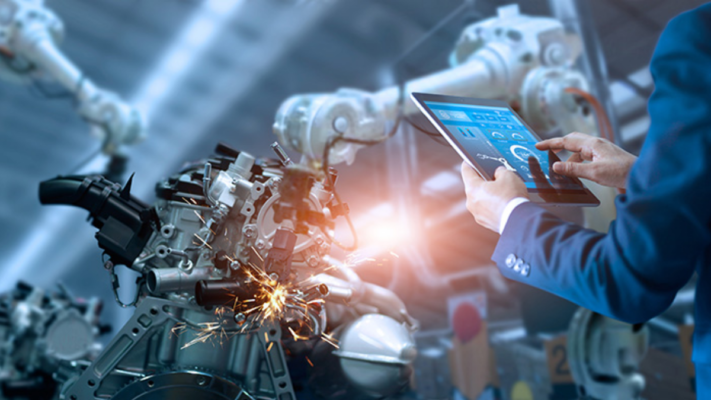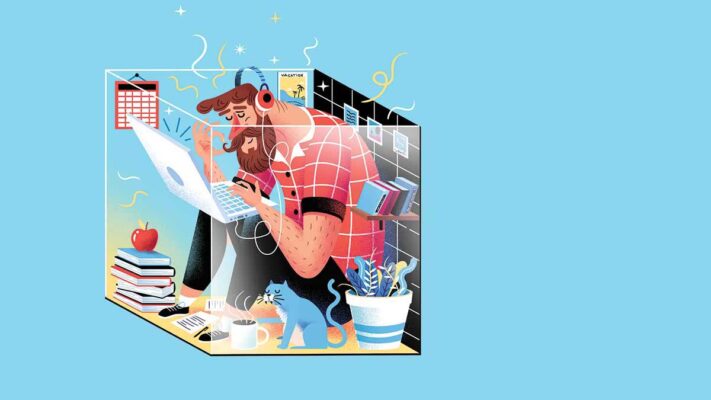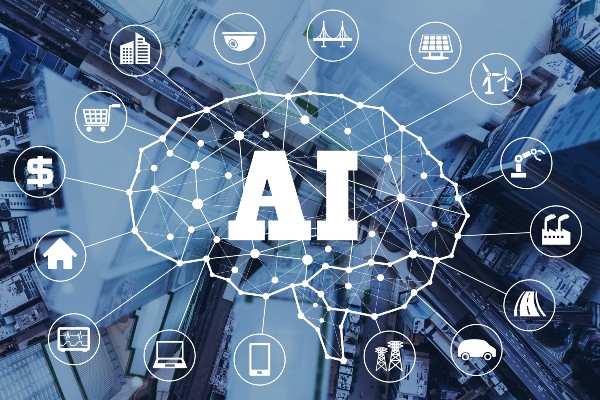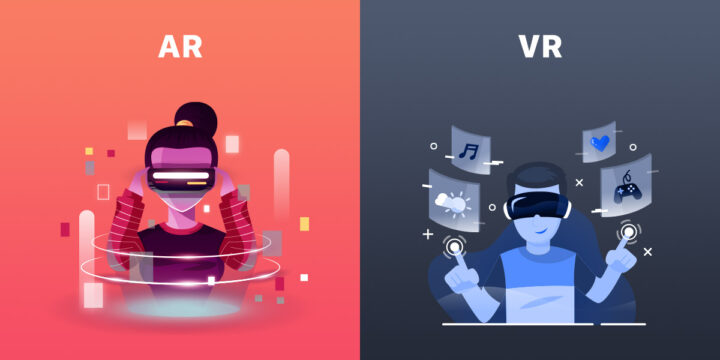Nothing’s better than putting in a day of honest work! However, won’t it be better if technology helps make it easier?
Technology has been changing the way we work for decades, but the pace of technological advancement has accelerated in recent years, bringing about a range of new opportunities and challenges for the workforce. Thanks to the rise of remote working, a big chunk of people now work from the comforts of their homes. But it doesn’t end there as thanks to artificial intelligence, automation and virtual reality, technology is changing the very nature of work and the way we approach it. Check out some of the ways technology has been changing the way we work –
Remote Work

Remote work may have started off as a compulsion during the pandemic times, but it definitely unlocked a whole new meaning of working. With the rise of collaboration tools like Zoom and Microsoft Teams, many workers can now work from anywhere with an internet connection. This has the potential to increase work-life balance and reduce commuting times, but it also requires new skills to communicate and collaborate effectively in a remote environment.
Automation

One of the most significant impacts of technology on the workplace is automation. Automation has been used in manufacturing for decades, but advances in technology are now enabling automation in a range of industries, from healthcare and finance to retail and transportation. This has the potential to significantly increase efficiency and productivity, but it also raises concerns about job displacement and the need for new skills.
Gig Economy

Another way technology is changing the workplace is through the rise of the gig economy. Platforms like Uber, Airbnb, and Upwork are enabling individuals to work on a freelance basis, offering their skills and services on demand. This has created new opportunities for people who may not have had access to traditional employment, but on the flip side, it has also raised questions about worker protection and job security.
Artificial Intelligence

Artificial intelligence (AI) is also changing the way we work. AI can analyze data faster and more accurately than humans, enabling businesses to make better decisions and improve efficiency. However, it also raises concerns about the ethical implications of using AI to make decisions about people, and the potential for AI to replace human workers in certain industries. The headlines about tech companies undergoing major layoffs are undoubtedly scary while algorithms take over their job positions. It is too soon to judge whether artificial intelligence will ultimately be a boon or a curse to the workforce and humanity as a whole.
VR and AR

Finally, virtual reality (VR) and augmented reality (AR) is beginning to be used in the workplace, offering new ways to train employees, visualize data, and collaborate remotely. This technology has the potential to revolutionize the way we work, but it also requires significant investment and training to be used effectively.
In conclusion, technology is changing the way we work in a range of ways. While these changes offer new opportunities and benefits, they also raise important questions about the future of work, including job displacement, worker protections, and the need for new skills and training. As technology continues to evolve, it will be essential for businesses, policymakers, and individuals to stay informed and adapt to these changes in order to thrive in the new digital economy.


